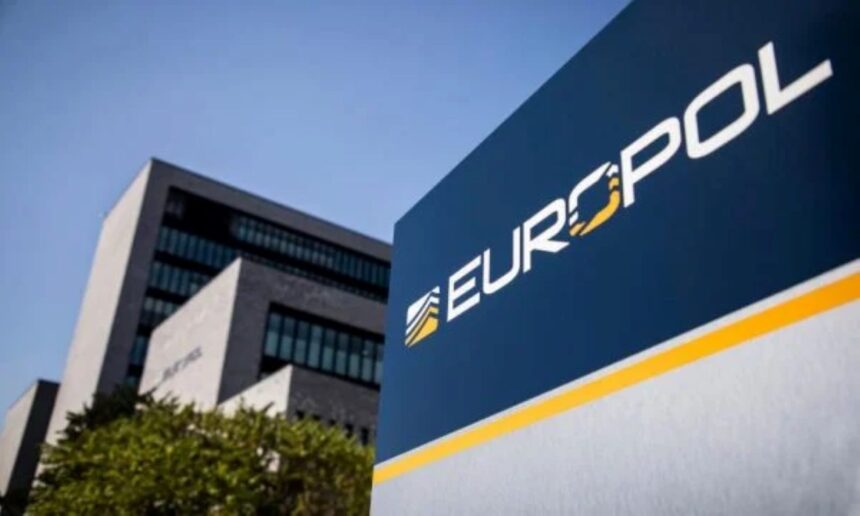Europol has raised alarm over a growing trend: terrorist networks increasingly targeting minors through extremist content online. The warning follows a large-scale internet takedown operation conducted at the end of May, in which over 2,000 online links promoting jihadist and far-right propaganda were removed.
The operation involved coordination among multiple European and partner nations, including Albania, Austria, Belgium, Bosnia and Herzegovina, Czech Republic, Denmark, Germany, Hungary, Ireland, Malta, Portugal, Serbia, Slovenia, Spain, Ukraine, and the United Kingdom.
The European Union’s law enforcement agency emphasized that these extremist materials were designed to exploit and radicalize youth, particularly by leveraging their digital literacy and emotional vulnerabilities.
“Terrorist groups are increasingly targeting young people, taking advantage of their weaknesses and digital skills to spread violent and extremist ideologies,” said Catherine De Bolle, Europol’s Executive Director.
She stressed that protecting children from exploitation by criminal networks is a core priority for the agency.
New Tactics: AI and Emotional Manipulation
According to Europol, terrorist groups are adopting advanced tactics, including artificial intelligence tools to generate convincing texts, images, and videos aimed at engaging younger audiences.
The propaganda content often includes:
- Images of children merged with extremist slogans
- Memes and short videos mimicking gaming aesthetics
- Glorification of minors who participated in violent attacks—portraying boys as “fighters” and girls as “supporters”
- Victim narratives, including emotionally charged visuals of injured or deceased children in conflict zones, used to stir feelings of revenge and radical identification
Digital Safety and EU-Wide Cooperation
This initiative follows the recent creation of a special Europol task force dedicated to fighting the growing issue of minor recruitment into organized and serious crime.
The European Counter Terrorism Centre (ECTC), operating under Europol, continues to work closely with member states to prevent and investigate the spread of online terrorist content, with the goal of building a safer digital environment across the EU.







